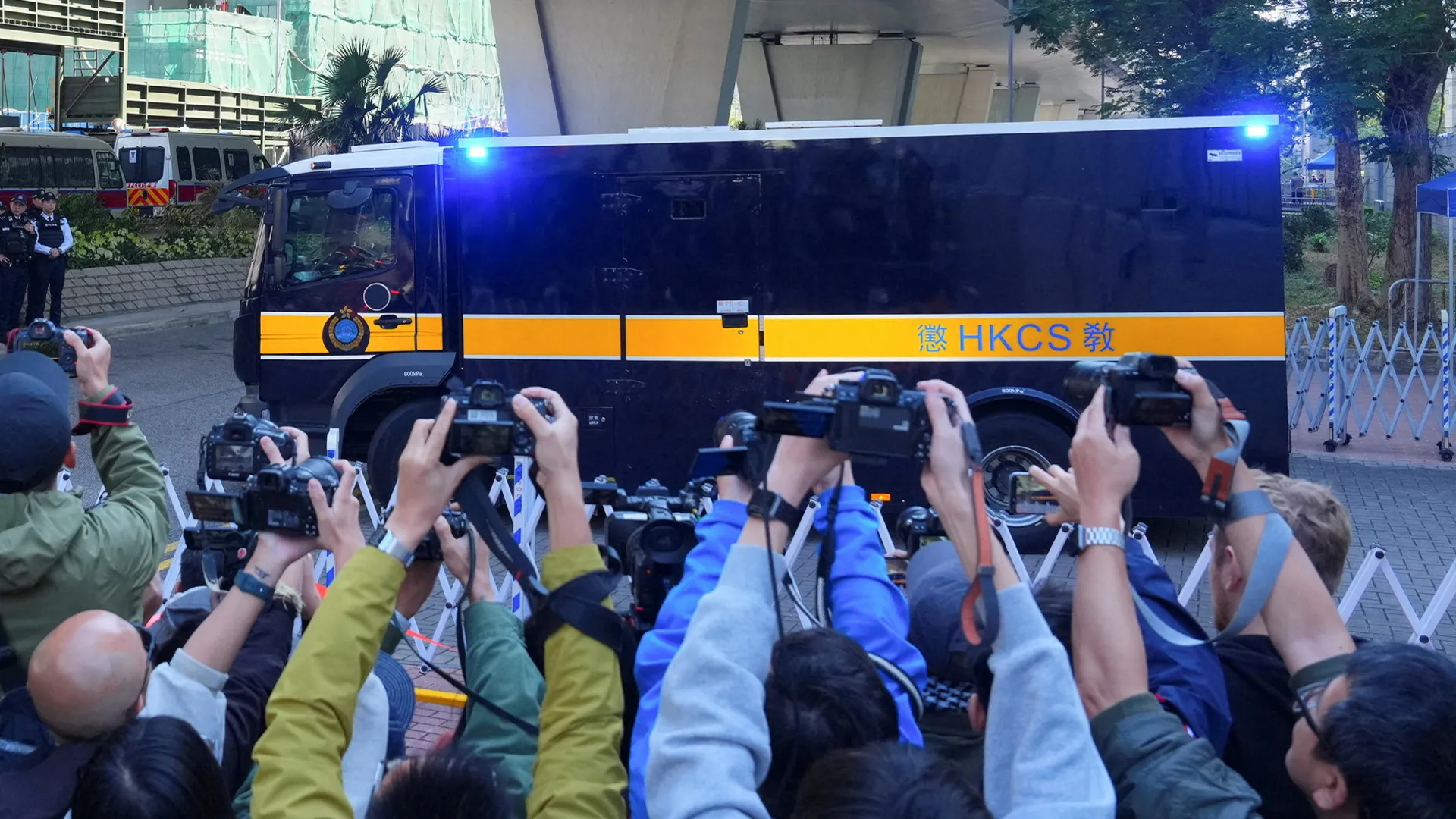Hong Kong’s top court convicts Jimmy Lai on conspiracy charges | Courts
Hong Kong’s highest court has found former media mogul Jimmy Lai guilty of sedition and conspiring to collude with foreign powers. The 78-year-old is known as the territory’s most outspoken critic of Beijing and could face life in prison.
Published On 15 Dec 2025
